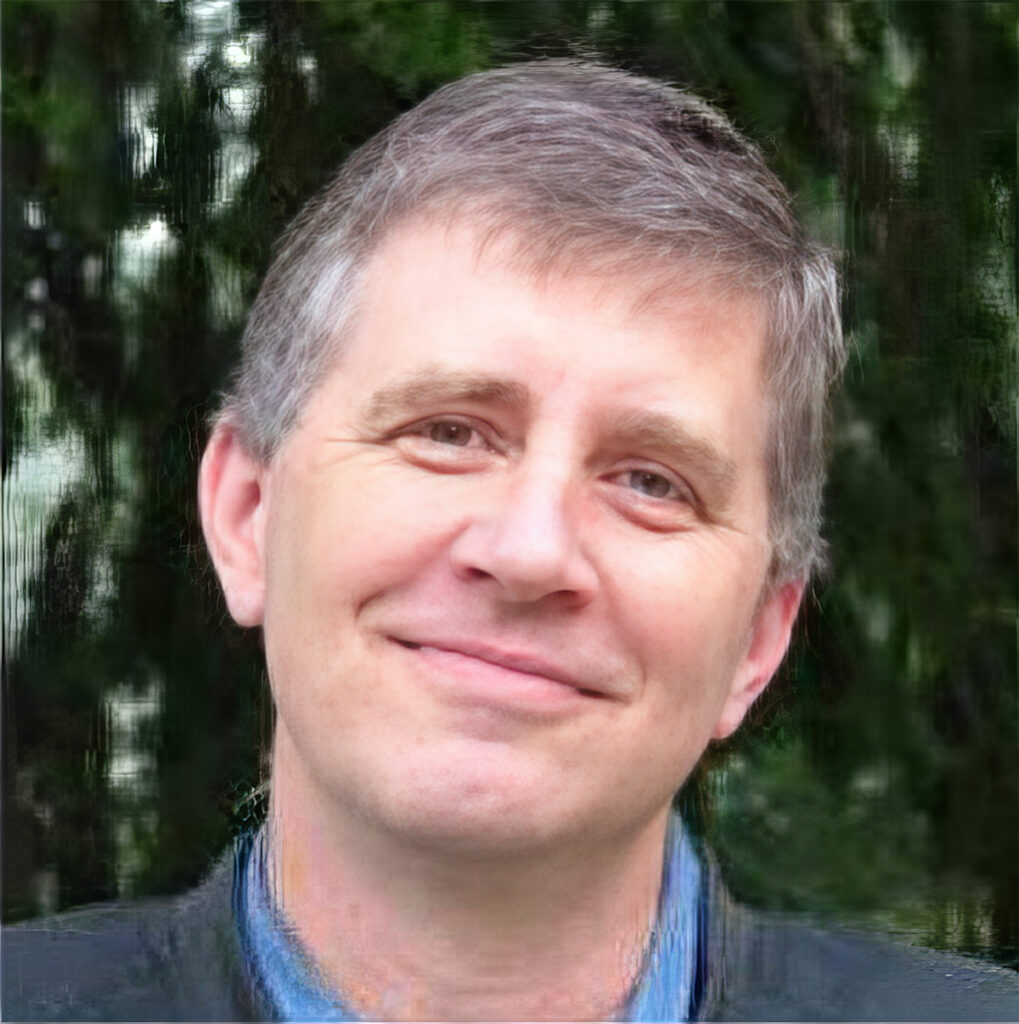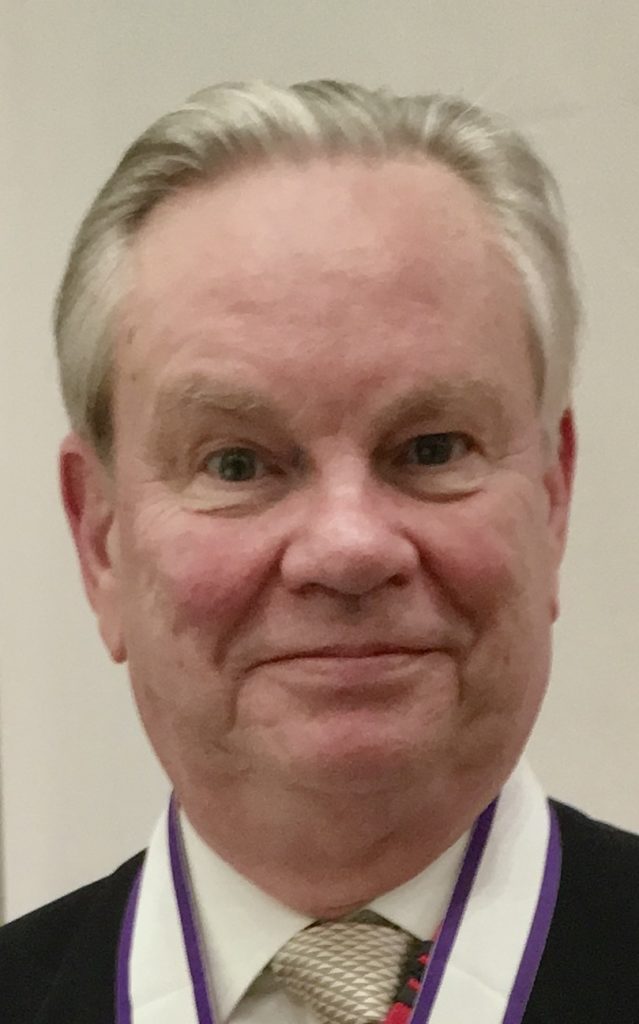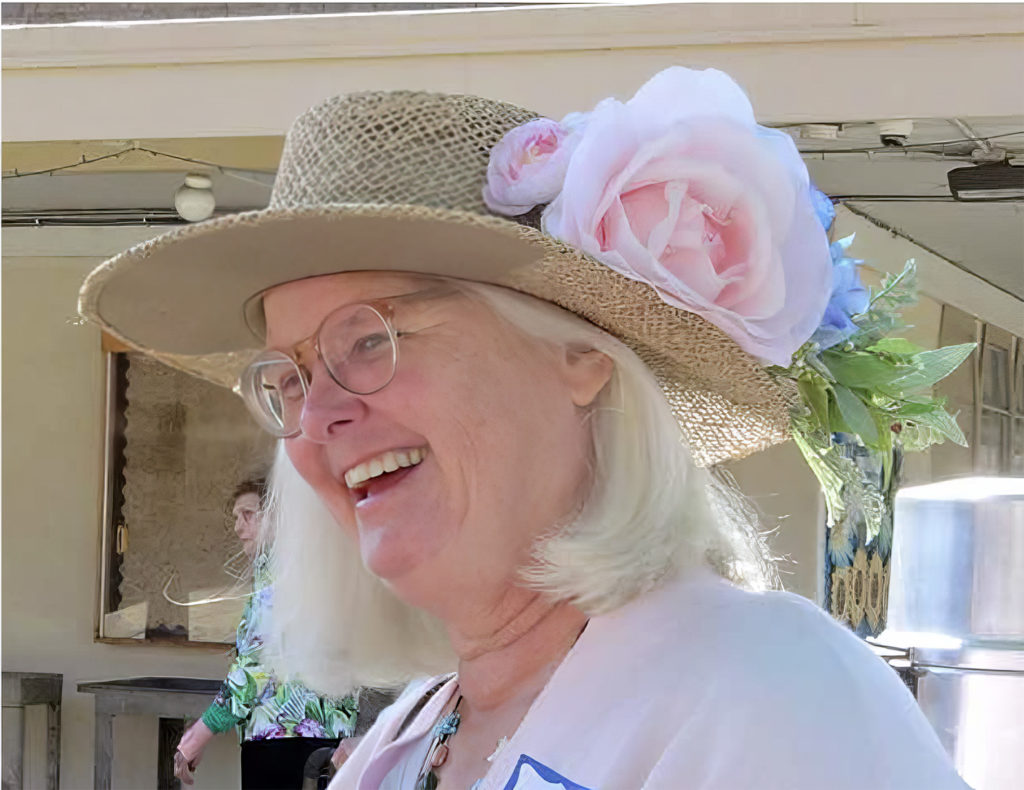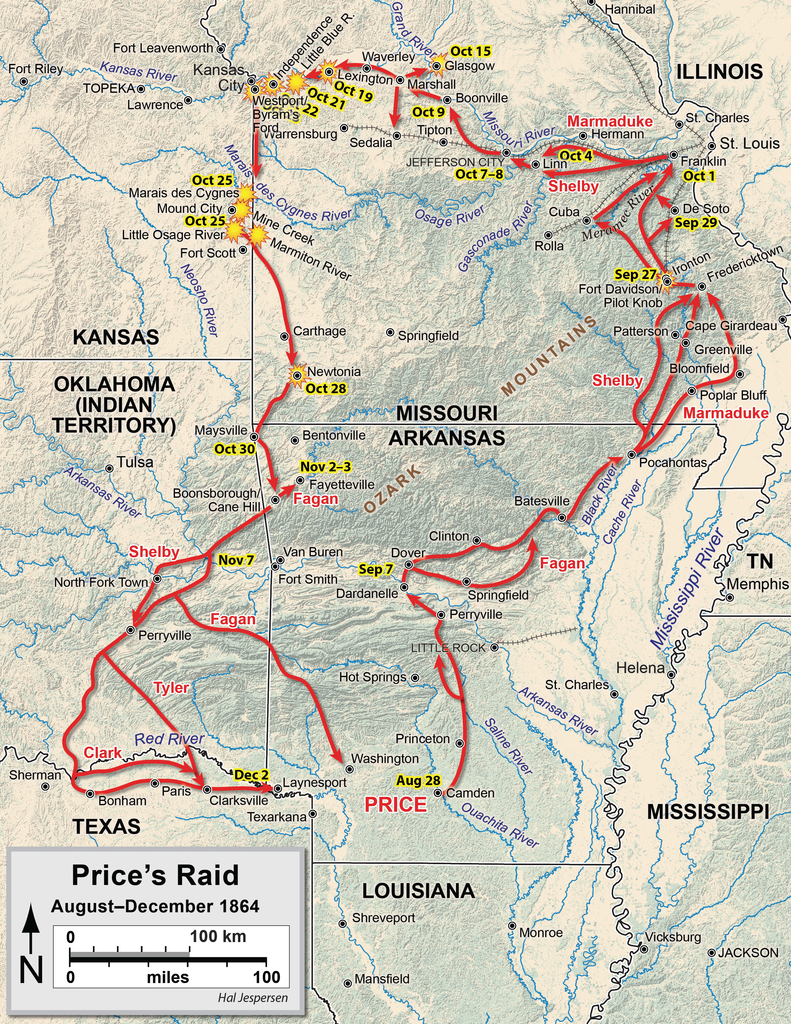James Campbell on “Monumental Questions: Race, Memory, and the Struggle Over Confederate Monuments”
As people across the United States confront the nation’s legacy of slavery and racial inequality, monuments and memorials honoring the Confederacy have become political flashpoints, with some people demanding their removal as toxic symbols of white supremacy and others warning of an attempt to erase history and heritage. In this roundtable presentation, Stanford historian James Campbell will discuss the ongoing struggle over the nation’s memorial landscape, reconstructing the historical context in which Confederate monuments were created as well as the process by which they have become proxies for debates about race and citizenship today.
James T. Campbell is the Edgar E. Robinson Professor of History at Stanford University, where he teaches courses in American and African American history. He is the author of Songs of Zion: The African Methodist Episcopal Church in the United States and South Africa (1995) and Middle Passages: African American Journeys to Africa, 1787-2005 (2006), which was a finalist for the Pulitzer Prize in History. Co-edited books include Race, Nation, and Empire in American History (2007); Slavery and the University: Histories and Legacies (2019); and Mississippi Witness: the Photographs of Florence Mars (2019). He is currently completing a book on historical memory and the Mississippi Freedom Movement. A committed public historian, Campbell has served as a consultant for numerous documentary films, curricular projects, and museum exhibitions, including the “Power of Place” exhibit at the Smithsonian Institution’s National Museum of African American History and Culture.





